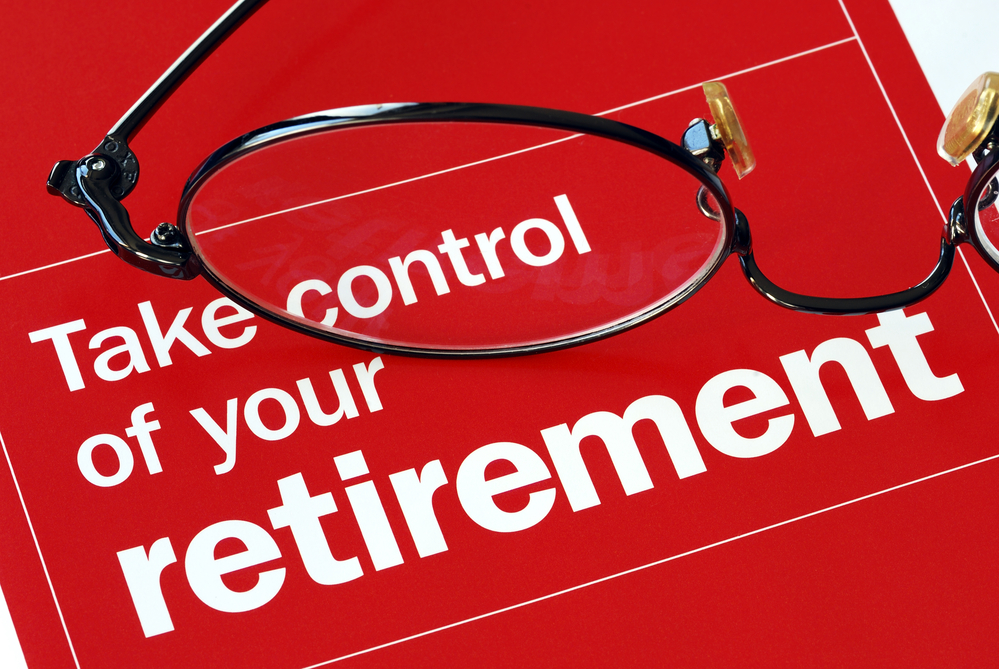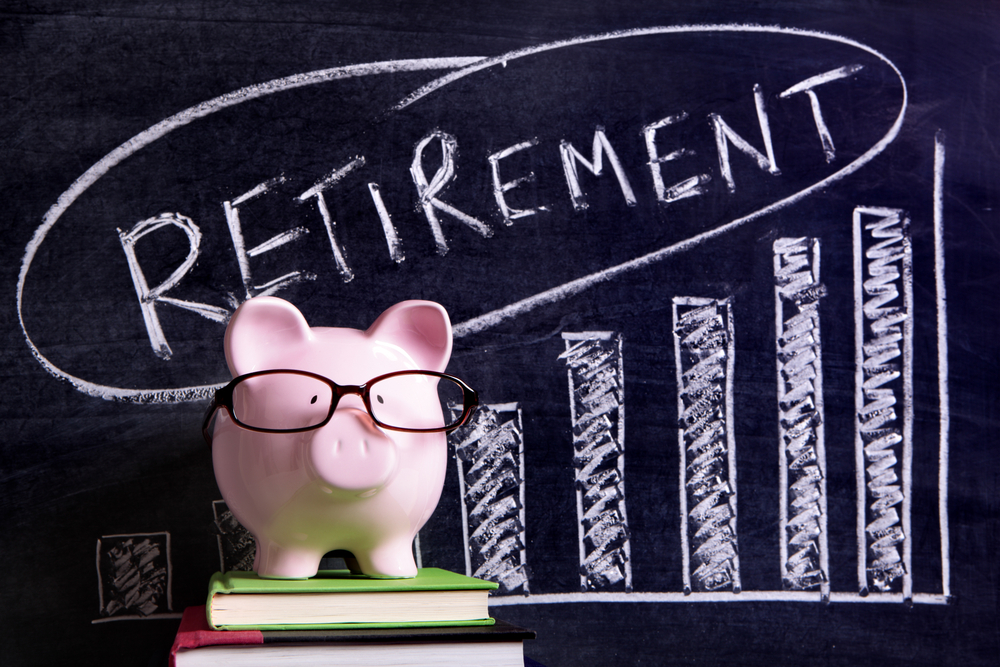Roadmap to Financially Strong Retired Life
Being an early bird helps you in your retirement planning

Building a retirement corpus seems considerably unnecessary to most. People move on with life with the belief that savings will suffice their retirement expenses. If there's one thing Covid-19 has taught us, it's that changing dynamics could be a killjoy to one’s finances unless planned well. So let us look at some of the ways we can plan ahead of time and live a financially secure and worry-free retired life.
Make Proper Financial Estimation
Retirement planning is difficult, and that’s why one needs to have an estimate of the amount they will spend when retired. One needs to create a corpus equivalent to the desired lifestyle, and for this, having an estimate becomes mandatory. Some experts believe in using the rule of thumb where you will spend 20 per cent less in retirement than they spend in their working years. Estimate what you would spend at the peak of your expenses in a given year and slash 20 per cent off it. This will provide you with a spending estimate in the future. Things to consider while estimating: current age, prospective retirement age, life expectancy, monthly expenses (example- house rent, utility bills, house help salaries, shopping and dining, healthcare, vacations). You also need to consider marriage, kids, and other dependents that you are financially responsible for now or will be in the future. Don’t forget to factor in the inflation rate while creating a post-retirement corpus.
Create Expense Sheets
It is a 100 per cent possibility for you to live your life without a single loan if you create expense sheets. These are slightly different from a budget which is restricting in nature, whereas expense sheets help you track every expense, however small they may be. They come in handy when you need a visual reminder of your spending habits. It will also ensure that you can take advantage of every tax deduction or credit you're eligible for. This just means more savings for you!
Look Out for Inflation
Inflation eats into your income. It makes retirement a moving target. Avoid making the mistake of leaving your money lying around or kept in bank lockers. The time value of money is a very important concept to keep in mind here. The money you have today makes you richer than the same money you’ll have tomorrow. Your purchasing power as a consumer keeps declining unless you beat inflation. While estimating the amount you’ll need in the future, always adjust it for inflation. If you were to build a Rs 1 crore corpus for retirement, make sure to adjust that figure with the ongoing inflation rate and projected rate. You may now have to build slightly more wealth to suffice until your expected life span.
Invest
Now we come to the part that pertains to the actual wealth creation to help you reach your retirement wealth target. The more you delay this part, the lesser your chances are at building an adequate corpus. Investing gives you a one-up in life and an easy road to riches. Yes, easy. All you have to do is make small contributions at regular intervals and the power of compounding will stick by your side, provided you start early. Starting your investments earlier on would allow you to create a bigger retirement corpus with much smaller contributions rather than straining your finances in the later stages of your work life. Another aspect of investing to keep in mind is to follow the rule of thumb wherein 100 minus your age will determine your investment in equities and the remainder can be distributed in debt and alternative investments. For example, if you are 25 years old right now, your portfolio would likely have an allocation of 75 per cent of the amount in equities and 25 per cent distributed in debt and other assets. As you age, this number changes to lesser investment in equities and more in other asset classes. Hence, providing less risk exposure as your responsibilities increase.
Free Yourself from Debt
People in their twenty-somethings are often bogged down by student loan debt, thirty-somethings find themselves taking on more credit card and mortgage debt. It’s not all that surprising that individuals in their 30s and 40s, who are growing families, buying homes, and generally facing more expenses, would have more debt. However, if you have to take on some debt, what’s the ideal age it should be paid off? You certainly cannot be debt-laden at your retirement age. Kevin O’Leary, an investor on the show “Shark Tank” and personal finance author says that the ideal age to be debt- free is 45. Since it’s at this age that you enter the latter half of your career and should, therefore, speed up your retirement savings to ensure a comfortable life in your elderly years.
Get Health Insurance
Getting insurance cannot be stressed enough. The one thing that will pay off in retirement is the amount you spend on health insurance in the early stages of life. It is possible to spend less on insurance. The secret sauce is that insurance is cheaper while you’re still young as it has lower premium charges.
The earlier you start and the more conscious you are of your income and expenses, the more advantageous it is towards your retirement planning. Discipline and patience are key variables in the roadmap to a worry-free, strong financial retirement.
This author is Co-Founder, Tarrakki
DISCLAIMER: Views expressed are the author's own, and Outlook Money does not necessarily subscribe to them. Outlook Money shall not be responsible for any damage caused to any person/organisation directly or indirectly.









